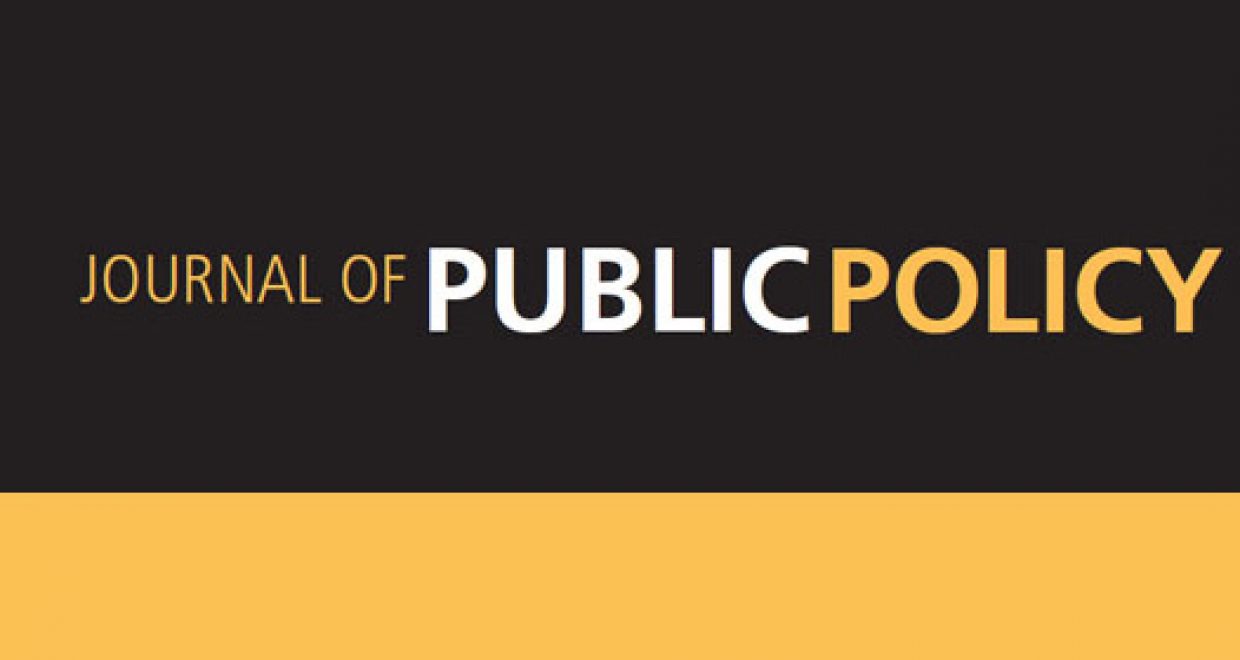Types of pandemic-induced psychological distress, clarity of responsibility, and support for incumbents
Although the first wave of the COVID-19 pandemic now feels like a distant memory, the political consequences of that period remain a critical lens through which we can understand voter behaviour in times of crisis. Our research studies if the psychological distress caused by the pandemic could translate into electoral punishment for the incumbent government.
We examined if different kinds of psychological stress influenced voters’ willingness to support the Bharatiya Janata Party (BJP), India’s ruling party at the national level, during the immediate aftermath of the national lockdown in June 2020. Challenging the common “rally-around-the-flag” narrative, we drew on three nationally representative surveys conducted in June 2020, just after India’s first lockdown was lifted. Each survey focused on a different aspect of psychological response: mobility-related stress, mental health, and coping strategies.
The study finds that psychological distress, particularly stress related to movement restrictions and poor mental health, did reduce support for the incumbent BJP. Furthermore, the political context of “government clarity of responsibility” – where the same party holds power at different levels – significantly amplifies these effects, making voters more likely to hold the incumbent accountable for their psychological experiences. The same ruling party at the centre and the state level offers higher clarity in responsibility, especially in a complex government structure such as India, where both the central and state government were involved in handling the crisis. Voters in these states were significantly more likely to punish the incumbent (BJP) when their stress stemmed from feelings of confinement or loss of freedom.
Interestingly, the study also found that how people coped mattered. Individuals who relied on social support or problem-solving strategies were more likely to maintain support for the government. In contrast, those who turned to emotion-focused coping, like motivational talks or solitary hobbies, were more likely to express political dissatisfaction—again, especially in BJP-ruled states.
These results challenge the notion that crises shield incumbents from political accountability. There are two major takeaways from the study. First, voter behaviour during crises is not immune to performance-based evaluations, especially when government responsibility is clear. Second, the type and source of stress—and how people cope with it—can significantly shape political attitudes. Beyond the academic findings, the broader implications are notable. The study suggests that citizens may not be as politically passive during crises as previously believed. Psychological distress, especially when socially rooted, can translate into political accountability—especially when voters can clearly identify who is in charge. Ultimately, this study sheds some light that even in moments of national crisis, voters are not politically disengaged. When government actions cause distress and responsibility is clear, electoral consequences can follow.
– Subhasish Ray, O.P. Jindal Global University
– Ankin M. Patil, University of Missouri-Kansas City
– K. Sree Vidya, Centre for Effective Governance of Indian States
– Holli A. Semetko, Emory University
– The author’s Journal of Public Policy article can be read open access here.




